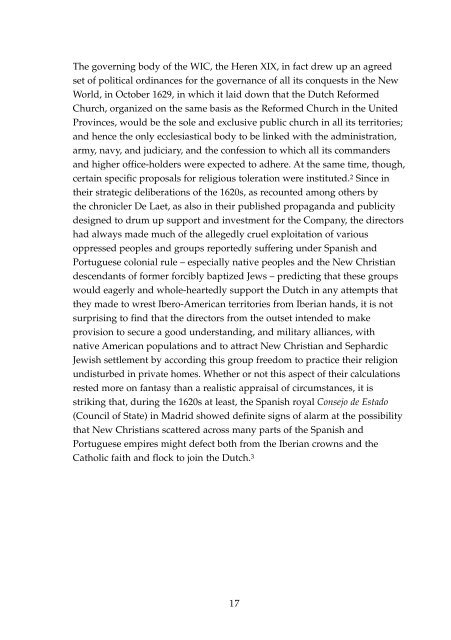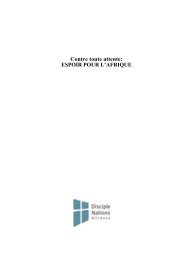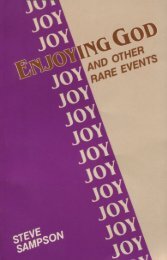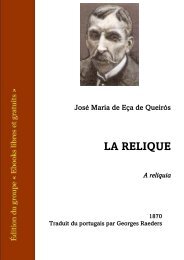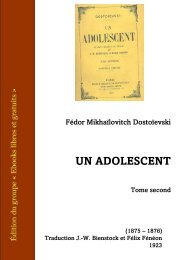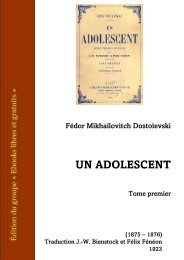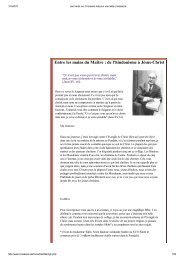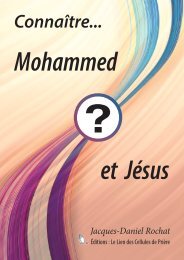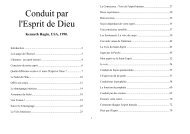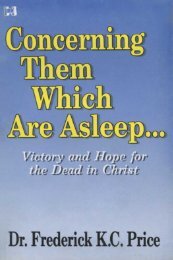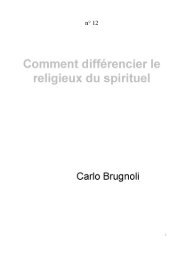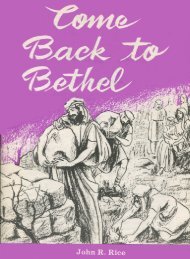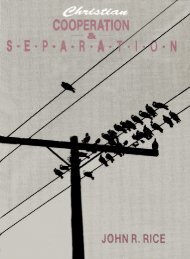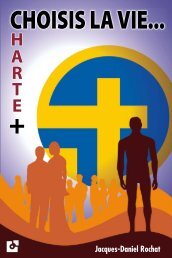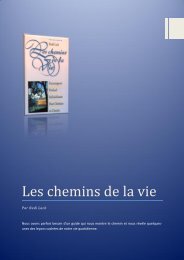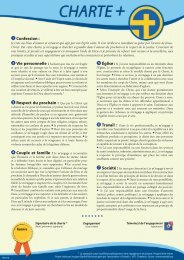The Expansion of tolerance
Create successful ePaper yourself
Turn your PDF publications into a flip-book with our unique Google optimized e-Paper software.
<strong>The</strong> governing body <strong>of</strong> the WIC, the Heren XIX, in fact drew up an agreed<br />
set <strong>of</strong> political ordinances for the governance <strong>of</strong> all its conquests in the New<br />
World, in October 1629, in which it laid down that the Dutch Reformed<br />
Church, organized on the same basis as the Reformed Church in the United<br />
Provinces, would be the sole and exclusive public church in all its territories;<br />
and hence the only ecclesiastical body to be linked with the administration,<br />
army, navy, and judiciary, and the confession to which all its commanders<br />
and higher <strong>of</strong>fice-holders were expected to adhere. At the same time, though,<br />
certain specific proposals for religious toleration were instituted. 2 Since in<br />
their strategic deliberations <strong>of</strong> the 1620s, as recounted among others by<br />
the chronicler De Laet, as also in their published propaganda and publicity<br />
designed to drum up support and investment for the Company, the directors<br />
had always made much <strong>of</strong> the allegedly cruel exploitation <strong>of</strong> various<br />
oppressed peoples and groups reportedly suffering under Spanish and<br />
Portuguese colonial rule – especially native peoples and the New Christian<br />
descendants <strong>of</strong> former forcibly baptized Jews – predicting that these groups<br />
would eagerly and whole-heartedly support the Dutch in any attempts that<br />
they made to wrest Ibero-American territories from Iberian hands, it is not<br />
surprising to find that the directors from the outset intended to make<br />
provision to secure a good understanding, and military alliances, with<br />
native American populations and to attract New Christian and Sephardic<br />
Jewish settlement by according this group freedom to practice their religion<br />
undisturbed in private homes. Whether or not this aspect <strong>of</strong> their calculations<br />
rested more on fantasy than a realistic appraisal <strong>of</strong> circumstances, it is<br />
striking that, during the 1620s at least, the Spanish royal Consejo de Estado<br />
(Council <strong>of</strong> State) in Madrid showed definite signs <strong>of</strong> alarm at the possibility<br />
that New Christians scattered across many parts <strong>of</strong> the Spanish and<br />
Portuguese empires might defect both from the Iberian crowns and the<br />
Catholic faith and flock to join the Dutch. 3<br />
17


